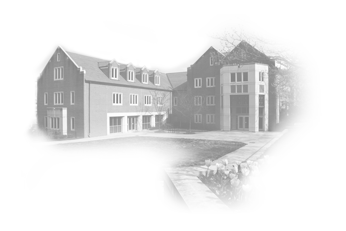Submitted by scrawford on
| Title | ADAPT: An Event-Based Adaptive Collective Communication Framework |
| Publication Type | Conference Paper |
| Year of Publication | 2018 |
| Authors | Luo, X., W. Wu, G. Bosilca, T. Patinyasakdikul, L. Wang, and J. Dongarra |
| Conference Name | The 27th International Symposium on High-Performance Parallel and Distributed Computing (HPDC '18) |
| Date Published | 2018-06 |
| Publisher | ACM Press |
| Conference Location | Tempe, Arizona |
| ISBN Number | 9781450357852 |
| Abstract | The increase in scale and heterogeneity of high-performance computing (HPC) systems predispose the performance of Message Passing Interface (MPI) collective communications to be susceptible to noise, and to adapt to a complex mix of hardware capabilities. The designs of state of the art MPI collectives heavily rely on synchronizations; these designs magnify noise across the participating processes, resulting in significant performance slowdown. Therefore, such design philosophy must be reconsidered to efficiently and robustly run on the large-scale heterogeneous platforms. In this paper, we present ADAPT, a new collective communication framework in Open MPI, using event-driven techniques to morph collective algorithms to heterogeneous environments. The core concept of ADAPT is to relax synchronizations, while mamtaining the minimal data dependencies of MPI collectives. To fully exploit the different bandwidths of data movement lanes in heterogeneous systems, we extend the ADAPT collective framework with a topology-aware communication tree. This removes the boundaries of different hardware topologies while maximizing the speed of data movements. We evaluate our framework with two popular collective operations: broadcast and reduce on both CPU and GPU clusters. Our results demonstrate drastic performance improvements and a strong resistance against noise compared to other state of the art MPI libraries. In particular, we demonstrate at least 1.3X and 1.5X speedup for CPU data and 2X and 10X speedup for GPU data using ADAPT event-based broadcast and reduce operations. |
| DOI | 10.1145/3208040.3208054 |



